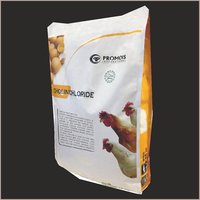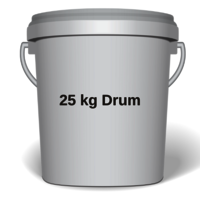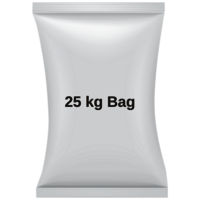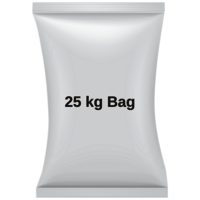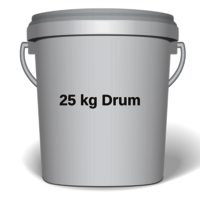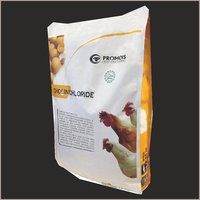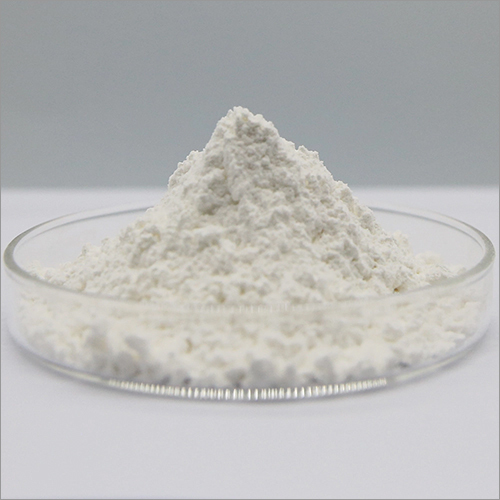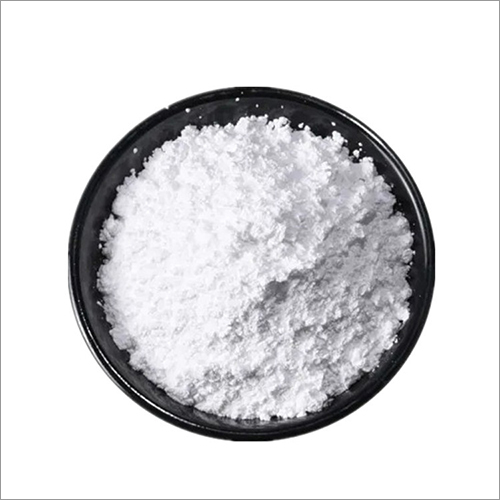Choline Chloride
105 INR/Kilograms
Product Details:
- Type Choline Chloride
- Variety Nutrition feeds
- Physical Form Powder
- Fragrance No Smell
- Grade Feed Grade
- Function Heathycare supplement
- Efficacy Feed Preservatives
- Click to View more
X
Choline Chloride Price And Quantity
- 1000 Kilograms
- 105 INR/Kilograms
Choline Chloride Product Specifications
- Powder
- Feed Grade
- Choline Chloride
- Nutrition feeds
- Heathycare supplement
- No Smell
- Feed Preservatives
Choline Chloride Trade Information
- nhava sheva port mumbai
- Paypal, Cash on Delivery (COD), Telegraphic Transfer (T/T)
- 5000 Kilograms Per Month
- 1 Years
- Yes
- Contact us for information regarding our sample policy
- 1kg to 25 kg
- Australia, North America, South America, Eastern Europe, Western Europe, Middle East, Central America, Asia, Africa
- All India
Product Description
Choline Chloride is an important nutritional supplement most widely applied in animal nutrition to ensure good growth, liver and fat metabolism. It is very instrumental in the prevention of abnormal levels of fat storage and in safeguarding the nerves by providing neurotransmitter synthesis. It is famously known to increase the efficiency of feed, and therefore it finds common usage in poultry, cattle rearing, and also in aquaculture. Choline Chloride is the key to high performance in animal farming as it enhances the fertility of the animals as well as increases milk production. It can be available in different concentrations with ease of blending with other feed ingredients and providing consistency in nutrient delivery during all batches, leading to general animal health and productivity at an economical cost.
FAQs:
1. Why is Choline Chloride used in animal feed?
Choline Chloride helps in the fat metabolism, liver health, and effective growth of animals. It increases feeding efficiency, averts fatty liver disease, assists in enhancing fertility and milk production among livestock, and thus is a compound in animal nutrition.
2. Is Choline Chloride safe for all types of livestock?
Yes, Choline Chloride is safe, and it is being added to poultry, cattle, swine, and in aquaculture feed. It must be used at proper levels depending on the species, age of animals, and the method in which they are fed, where optimal outcomes and animal health prospects might be achieved.
3. How is Choline Chloride typically administered?
Choline Chloride is added straight to the animal feed premix or compound feeds. It mixes well with subsequent ingredients, and the distribution of the product is even, and absorption is optimal, thus convenient and effectively used in livestock farming by corporations.
4. Can Choline Chloride improve reproductive performance?
Of course it can. It increases the chance of conception due to the health of the liver and the balance of hormones due to the usage of Choline Chloride. It promotes better reproduction cycles, helps enhance conception rates, and helps in the development of the unborn fetus during the pregnancy period.
Tell us about your requirement

Price:
Quantity
Select Unit
- 50
- 100
- 200
- 250
- 500
- 1000+
Additional detail
Mobile number
Email


